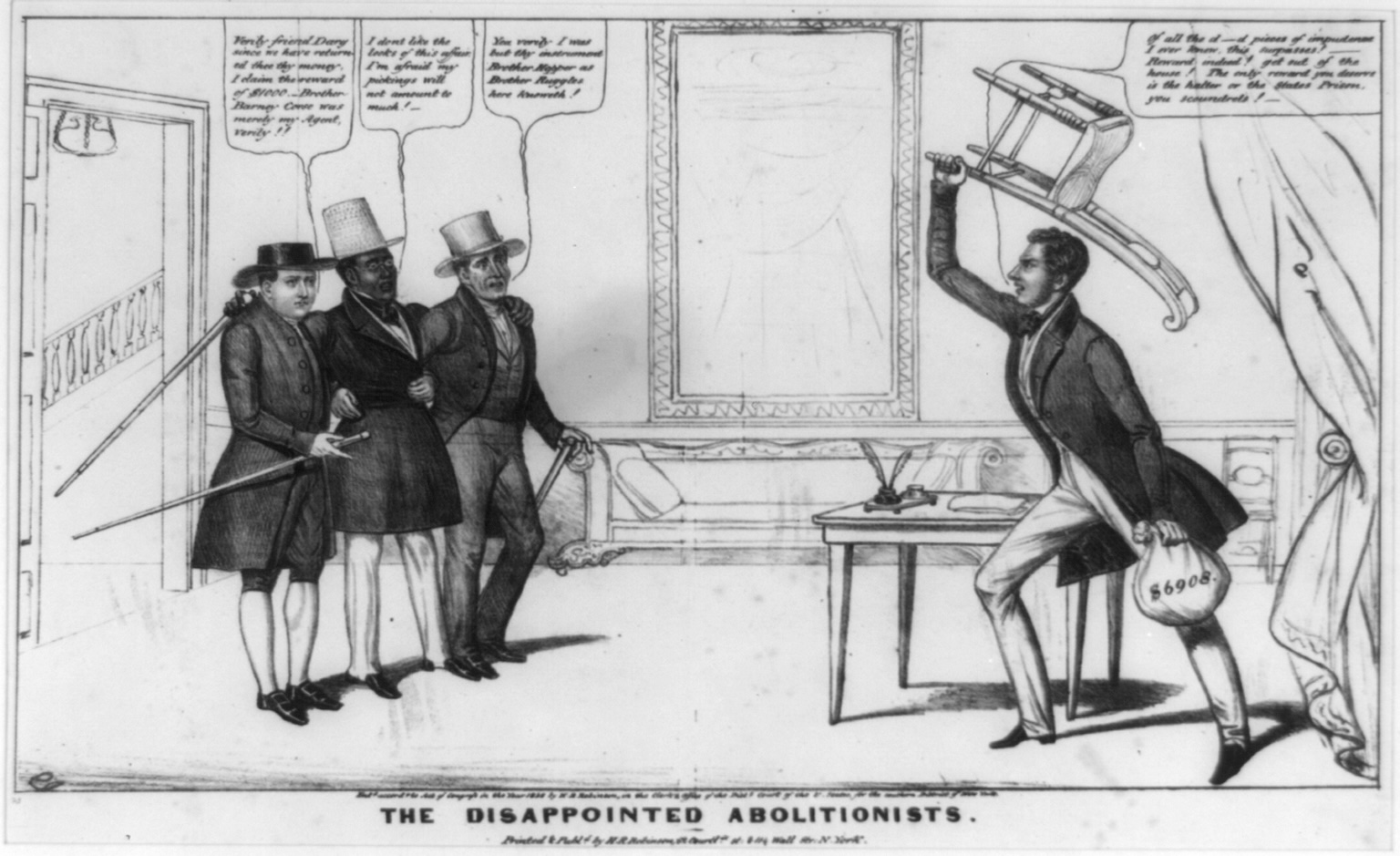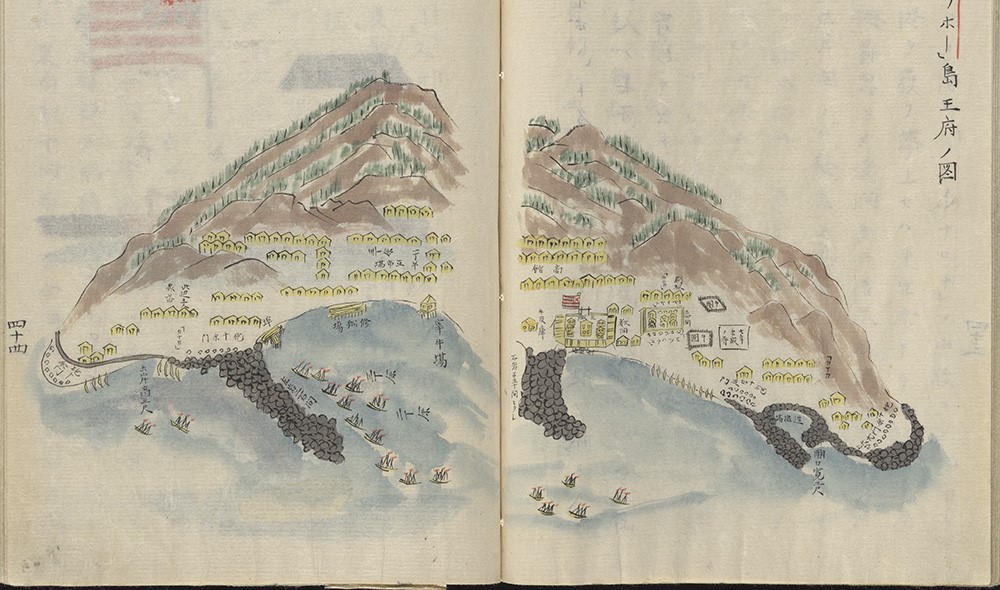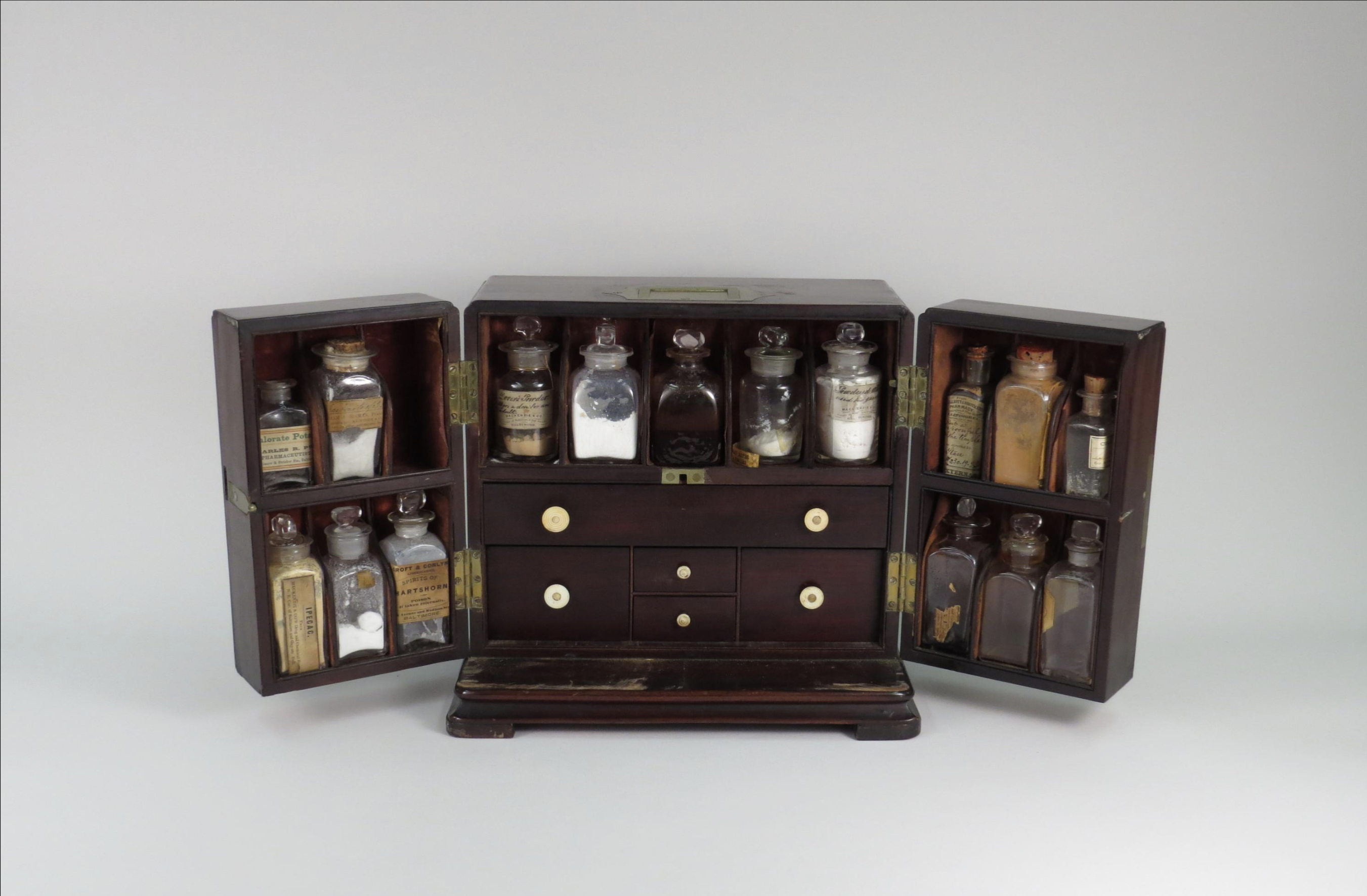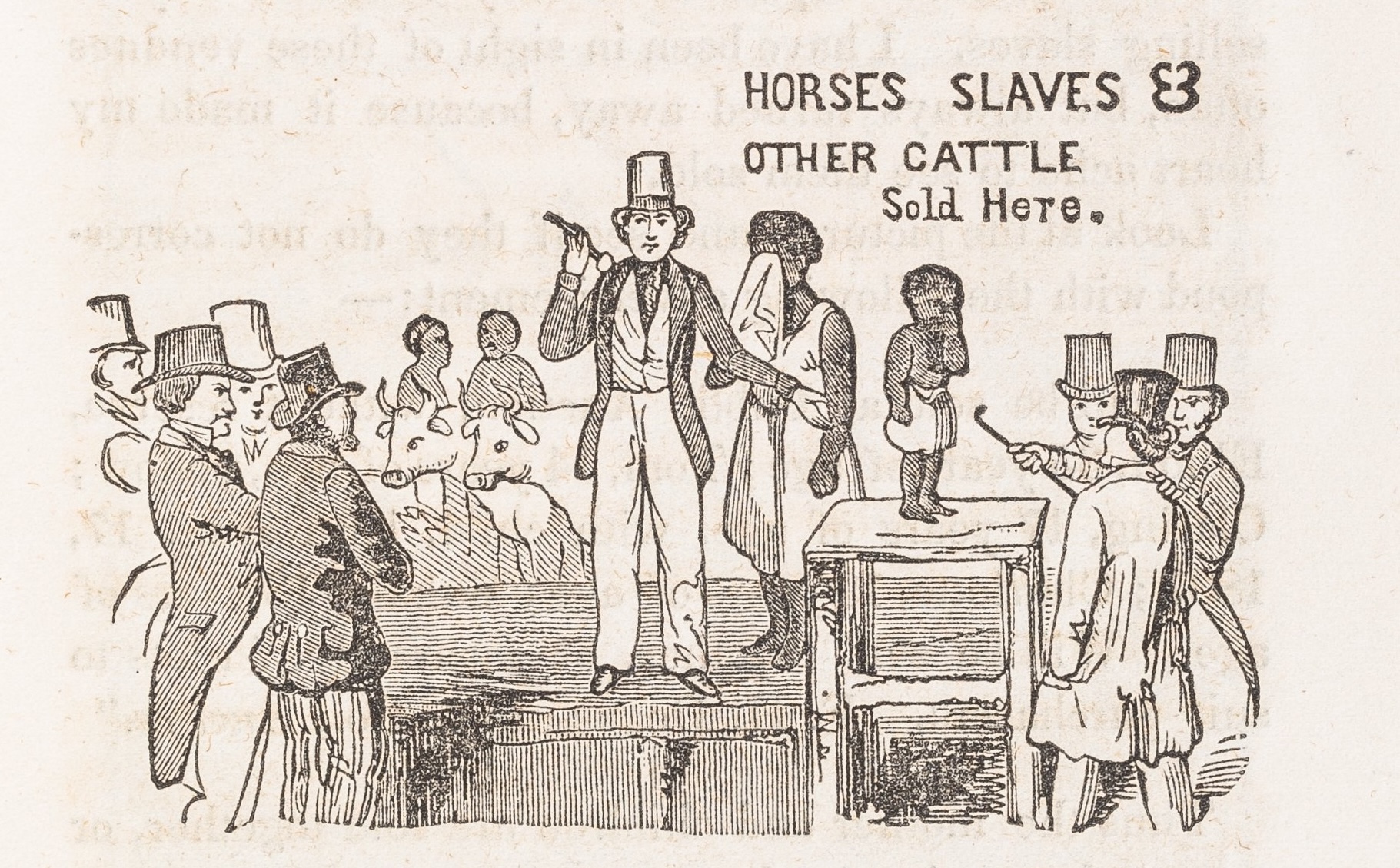Well, of course he was. American historical narratives have always told us so, and recent prize-winning tomes that agree on little else confirm it. Old Hickory’s fame as victor of New Orleans gave him widespread popularity, the story goes, especially with newly enfranchised voters. So when he ran for president in 1824, he came first in the Electoral College but, with four candidates in the race, did not quite win an absolute majority. When the House of Representatives broke the deadlock in favor of the second-placed man, John Quincy Adams, Jackson’s supporters screamed that the people had been cheated of their choice by “bargain and corruption” and avenged the old general with a massive victory in 1828.
But was Jackson’s “stolen” victory in 1824, the emotional heart of this tale, really quite so clear-cut? In 1884 Edward Stanwood pointed out the problem. In six states the choice of presidential electors was in the hands of the legislature and we have no direct indication of how a popular vote would have resulted. In the states where there was a popular vote, not all the candidates were on every ballot, and in some the overwhelming popularity of one candidate-not necessarily Jackson-resulted in very low turnout. All that can be reported with fair certainty is the vote in the fourteen states where there was a popular ballot, either on the district or the general-ticket system. According to Stanwood, those states gave Jackson 153,544 compared to 108,740 for his nearest rival, John Quincy Adams, who was far ahead of the other two, Henry Clay (47,136) and William Harris Crawford (46,618).
Even in these fourteen states, there is really little evidence of Jackson’s nationwide popularity in 1824. He may have won 43 percent of their popular vote, but, as Lee Benson pointed out in 1957, 42 percent of that vote came from winning four-fifths of the popular vote in just three states (Alabama, Tennessee, and Pennsylvania), which together cast 23 percent of the national vote. Local concerns explain his victories in those three states, while his success in the Carolinas followed John C. Calhoun’s decision to throw his support to Jackson in return for becoming vice-president. In other parts of the country-notably New England and New York-Jackson received negligible support in 1824, in the face of Adams’s evident popularity.
Even in some states where the electors were chosen by the people, Jackson was less popular than appears at first sight. In North Carolina, the popular contest was fought between the Caucus ticket (for Crawford) and the People’s ticket (for whoever had the best chance of beating Crawford in the Electoral College), which won by 20,145 to 15,621. The state’s electoral votes were duly cast for Jackson, and it is often assumed that they measure his popularity in that state. But in eleven counties voters followed the pre-election suggestion that they mark their ticket for electoral candidates with the name of their preferred presidential candidate. In those counties Adams men supplied about one-fourth of the People’s vote, which reconciles with contemporary estimates that about 5,000 of the 20,415 were given by friends of Adams. So we need to move 5,000 votes from the Jackson column to the Adams column.
In the case of Georgia, Philip Lampi’s research reveals a measurable popular vote on the presidential question although the decision was made by the assembly. In the election to choose the assembly, candidates were identified as friends of either Crawford or Jackson, and one ticket representing each side was run in each county. The Jackson men lost to the Georgia candidate, but still attracted (on my arithmetic) 15,478 votes, which need to be added to the Jackson column. That takes the calculation to 164,022 for Jackson to 113,740 for Adams.
But what of the other states that gave the choice of Electors to the legislature? In these cases we have to resort to informed guessing, but the number of votes involved in four of them will not greatly affect our overall calculation. In two states there was fair unanimity (in opposite directions), and that would have greatly reduced turnout. In Vermont, where Jackson was not considered a candidate, the Adams ticket was chosen “by nearly a unanimous vote.” In the case of South Carolina-inappropriate as it is to think of a popular vote for president there before the Civil War-it is clear that once Calhoun had thrown his support to Jackson, there was minimal opposition; in the legislature Jackson won 132 to 25. Contemporaneous congressional elections give some sense of the size of turnout in both cases, though we must reduce it since the presidential election was not contested. The effect is to increase Adams’s vote by about 11,000 votes, and Jackson’s by 18,000.
Delaware and Louisiana divided their Electoral College votes, reflecting an internal division of opinion that is difficult to put numerical values on. The number of voters involved is, however, very small. In the Delaware legislature there was almost no ticket voting, but the Adams candidates won 41 votes compared with 16 for Jackson, suggesting Adams was at least twice as popular. Given that only 6,550 men voted in that year’s congressional election, those results suggest Jackson would have won about 1,179 and Adams 2,947 votes. In Louisiana, Henry Clay was the most popular candidate in the legislature but could not produce an absolute majority, and so was outvoted by a Jackson-Adams coalition that managed to split the electoral votes between them, 3-2. If the original balance in the legislature reflected popular opinion and if as many folk had voted as did in the congressional election, then Jacksonians would have received about 1,693 popular votes, Adamsonians 774, and Clayites 2,371.
These penny-ante numbers make little difference to the picture of Jacksonian supremacy. They simply move Jackson to 184,894, compared with 128,461 for Adams. But we have yet to deal with the key state, New York, then the most populous in the nation, which saw a genuine uprising of the electorate, in the form of the People’s Party, in 1824. In the gubernatorial election, New York State alone cast 193,354 votes, enough to swamp the entire national vote of the leading candidates.
The presidential election of 1824 in New York has long been a by-word among political historians for Byzantine intrigue and legislative legerdemain. But what is clear is the commitment of Martin Van Buren and the leaders of the regular (Democratic-)Republicans to the Crawford presidential candidacy as representing the good old party, and the unwillingness of Republicans of New England origin-half the state’s population-to go along. Once and future governor DeWitt Clinton had his eyes on the prize at one time but his lack of support elsewhere ruled him out, leaving Adams as the only available northern candidate. When the People’s party charged to victory in the state elections, its favored presidential candidates were Adams and, to a lesser extent, Clay. The choice, however, remained in the hands of the old lame-duck legislature, which included a strong bloc of Van Buren-allied Crawford holdovers in the senate. Adams’s success in winning the lion’s share of New York’s electoral votes owed much to newspaper editor-political manager Thurlow Weed’s sly and skilful maneuvering, but Weed’s influence depended on the fact that he spoke for the largest political force in the lower house, namely the Adams supporters. In the end, the joint session of the legislature gave 25 electoral votes out of 36 to Adams.
By contrast, Andrew Jackson did not appear at all as a candidate in New York. Clinton was partial to him but could not find much outside support in the state. During the legislative maneuvering a Jackson ticket appeared one day as an attempt by some Crawford men to create a diversion, but he did not win a single electoral vote. At the meeting of New York’s Electoral College, Van Buren’s underhand machinations to reduce Clay’s final vote resulted in Jackson receiving one electoral vote, while 26 went to Adams (with five for Crawford and four for Clay). It seems not unreasonable to say that Adams probably had the support of about half the New York voters of 1824, while Jackson had far, far less than a tenth. In other words, Adams with over 96,000 votes probably outran Jackson, who at best would have had well under 10,000. Greater precision is unnecessary to make the point that the undeniable imbalance between the two candidates in New York, and the extent of voter involvement there in 1824, was probably enough to overwhelm Jackson’s advantage in the rest of the nation. We are left with a notional guess of about 195,000 votes nationwide for Jackson and at least 224,000 for Adams.
These calculations are not mere idle musings. As the Jacksonians mounted their campaign on behalf of their wronged Hero in 1827-28, their opponents in the North insisted that the congressmen who voted for Adams in the House election of February 1825 had no moral obligation to vote for whoever headed the ballot in the Electoral College; otherwise, why did the Constitution refer the election to the House of Representatives? Furthermore, these northerners claimed, Jackson’s lead in electoral votes did not reflect the opinion of voters. After all, Jackson owed the size of his lead to the electoral votes he won through the three-fifths rule, which enhanced a state’s voting power if it held slaves, even though slaves could not vote. That reduced the moral force of the argument that the most popular candidate ought to win, as did the fact that he had won some electoral votes in states where he was not the most popular candidate. In Maryland, for example, Jackson ran behind Adams in the whole state, but the vagaries of the district system gave Jackson seven electoral votes to Adams’s three. There was, they claimed, every reason for thinking that Adams had enjoyed more popular support nationally than Jackson, and that therefore Adams’s election satisfied every democratic criterion.
If these arguments mattered to contemporaries, so they should influence historians. Our view of Andrew Jackson and his presidency is still too often influenced by the assumption that somehow his candidacy uniquely expressed and exploited the impact of a new democracy on American public life. In fact, elections had long been decided by a broad electorate, and public men had long lauded the moral force of the popular will. The opposition to Jackson did not represent an old elite, even if it enjoyed some elite support in the North, just as Jackson did in the South. To say Jackson won in 1828 because he was more popular is mere tautology. He won because of a range of political forces peculiar to the 1820s, which enabled him and his henchmen to put together a winning coalition. That process deserves the proper analysis that easy generalizations about democracy and popularity tend to inhibit and obscure.
[Click here for .pdf version, with footnotes]
This article originally appeared in issue 9.1 (October, 2008).
Donald J. Ratcliffe, Rothermere American Institute, University of Oxford



















